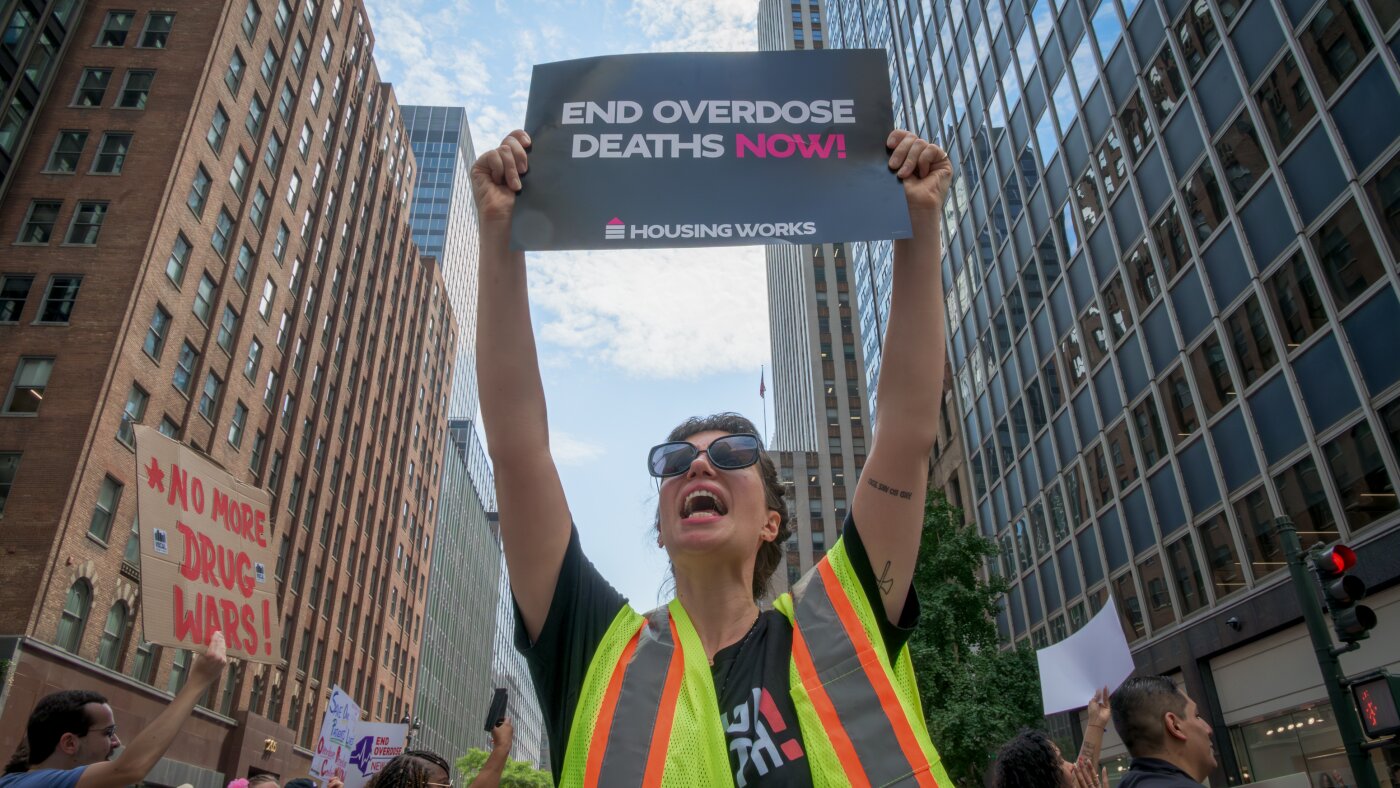Maine
Rockland’s minimum wage is up for 2025

Rockland’s minimum wage for some workers will increase from $15 per hour to $15.50 on Wednesday.
This increase, which applies to people employed by a company with more than 25 workers, will come at the same time as the state minimum wage increase. The state’s minimum wage will increase from $14.15 per hour to $14.65 on Wednesday.
Portland, the only other Maine city to have a minimum wage higher than the statewide one, will also be increasing its minimum wage on Wednesday, from $15 per hour to $15.50 per hour.
Rockland voters approved a law in November 2020 that increased the minimum wage to $15 per hour by 2024, with future changes based on cost-of-living increases.
The minimum wage for workers employed by smaller companies will be the state minimum wage. For service employees, the direct minimum wage before tips will be $7.75 per hour in Rockland. If the employee’s tips do not add up to at least $15.50 per hour, the employer must make up the difference.

Maine
Mild temperatures and clouds on tap for Maine on Wednesday ahead of major cool down
PORTLAND (WGME) — Mild temperatures and lots of clouds will rule the sky on Wednesday before some light rain and snow showers overnight.
Enjoy the mild temperatures while they last as it is turning cold by week’s end.
Lots of clouds will rule the sky for the next few days in Maine. High temps will also sit in the low-to-mid 40s for the day.
Wednesday evening.{ }(WGME)
The next chance for some precipitation will move in Wednesday evening through the nighttime hours as mostly rain with some mountain snow.
Look for some fog and areas of drizzle overnight too.
Thursday morning.{ }(WGME)
Rain will head out early Thursday morning followed by lots of cold, Canadian air.
Highs will still run in the low 40s ahead of a cold front shifting through early Thursday evening.
Once that front exits, expect to not leave the mid 20s on Friday.
Wind chills will be in the negatives and single digits to start Friday morning.
Weekend forecast.{ }(WGME)
The weekend looks calmer, with a round of snow and rain likely Saturday night through Sunday morning.
Temperatures will be back in the 30s after a cold end to the work and school week.
Incoming cold air.{ }(WGME)
Lots of cold air is set to enter the United States next week in waves.
Temperature outlook.{ }(WGME)
The next 8 to 14 days showcase below-normal temperatures around New England.
BE THE FIRST TO COMMENT
Do you have any weather questions? Email our Weather Authority team at weather@wgme.com. We’d love to hear from you!
Maine
Eliot Cutler turns himself in after being accused of violating probation again

Maine
Are you required to display both front and back license plates in Maine?

You might not give a lot of thought to your two license plates. Maybe only looking at them when you renew your registration or when you got the new pine tree design. But those plates play an important role on the road.
Karyn asked the CBS13 I-Team:
“I see a lot of cars on the road with only a rear license plate. We are issued two plates at the time of registration. Do we actually have to display both on our car? Also, can you be fined for only having one plate?”
Maine law does require drivers to display two license plates. One on the front and one on the back.
The state says that requirement, which has been in place since the 90s, makes cars more visible to law enforcement and helps with automated tolling on the Maine Turnpike.
A driver can be fined if they don’t properly display both plates.
According to state data, convictions for improperly displaying a registration plate have gone up the past few years. Though the numbers are still small compared to the total number of vehicles on the road.
In 2021, there were 63. Seventy convictions in 2022 and in 2023 and 2024, there were around 140.
The are some exemptions to the two-plate law. That includes motorcycles and trailers.
While most states have similar laws, about 20 only require a rear license plate.
The Maine Legislature has debated bills that would remove the front plate requirement in the past, but none have passed.
Have a question for CBS13 I-Team? Call their tip line at (207) 228-7713 or send an email to tips@wgme.com.
-

 Montana4 days ago
Montana4 days agoService door of Crans-Montana bar where 40 died in fire was locked from inside, owner says
-

 Technology1 week ago
Technology1 week agoPower bank feature creep is out of control
-

 Delaware5 days ago
Delaware5 days agoMERR responds to dead humpback whale washed up near Bethany Beach
-

 Dallas, TX6 days ago
Dallas, TX6 days agoAnti-ICE protest outside Dallas City Hall follows deadly shooting in Minneapolis
-

 Dallas, TX1 week ago
Dallas, TX1 week agoDefensive coordinator candidates who could improve Cowboys’ brutal secondary in 2026
-

 Virginia4 days ago
Virginia4 days agoVirginia Tech gains commitment from ACC transfer QB
-

 Iowa1 week ago
Iowa1 week agoPat McAfee praises Audi Crooks, plays hype song for Iowa State star
-

 Education1 week ago
Education1 week agoVideo: This Organizer Reclaims Counter Space




















